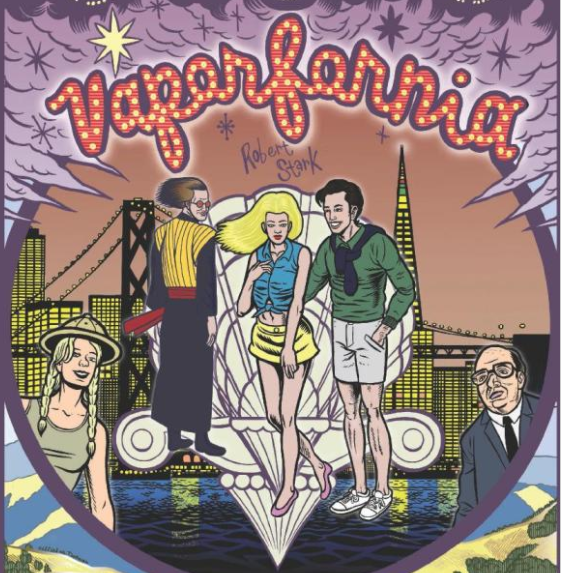Proto-Futurist Stirrings in Italy
The earliest stages of cultural trends often go unrecognized until after the fact, having already receded into history; and such is how Vladimir Jabotinsky, future leader of Revisionist Zionism, recalls a developing sensibility he witnessed taking shape during the period he spent in Italy as a student around the turn of the century. In his 1936 memoir, Story of My Life, he writes:
If my memory has retained
signs that already then foretold some psychological change [in the Italian
people], they did not yet announce Mussolini, but [F.T.] Marinetti: that
literary and philosophical tendency that only several years later went by the
name of “futurism” – a tendency whose historical mission consisted perhaps in
paving the road for Mussolini’s movement.
Among my fellow students
I knew already a few who protested with bitter wrath against foreign tourists
who insisted that Italy was a museum that contained mere relics of past beauty,
a memorial to past glory, and treated the modern Italian as if he were only
part of the paysage (landscape): a respectable part if it is the lazzarone,
clad in patched rags and playing the mandolin; an unnecessary and troublesome
one if he tries to erect factories damaging the impression of the pittoresco
of the ancient ruins. From these few people I already heard: “The day will come
when we shall send those tourists to hell. Yes, precisely our new life, precisely
the smoking chimneys – this is the real Italy. It is perhaps better that we
burn all the paintings from Botticelli to Leonardo, smash all the statues, and
instead of the Colosseum build a factory to produce sausages!” In these days,
one can hear a sort of anticipated echo of Marinetti’s theories: the humming of
the airplane is more beautiful than the modulations of a Neapolitan melody; the
future is more beautiful than the past; Italy is a country of industry, the
land of automobiles and electricity; she isn’t at all a walking ground for the
world’s loafers searching for aesthetic pleasure. Modern Italian is an
efficient organizer, strict in the keeping of account books; a builder and
conqueror, obstinate and cruel. This is fascism’s first source. But in my time
we did not even know Marinetti.
What of today, in America? What impressions from conversations seem to form themselves into threads, hinting at trends yet unrealized? Who or what is our Marinetti, if we are to have one? As factories shut down, falling silent, can something else distantly be heard rousing itself into life and motion?
Rainer Chlodwig von K.
Rainer is the author of, most recently, Drugs, Jungles, and Jingoism.




Comments
Post a Comment